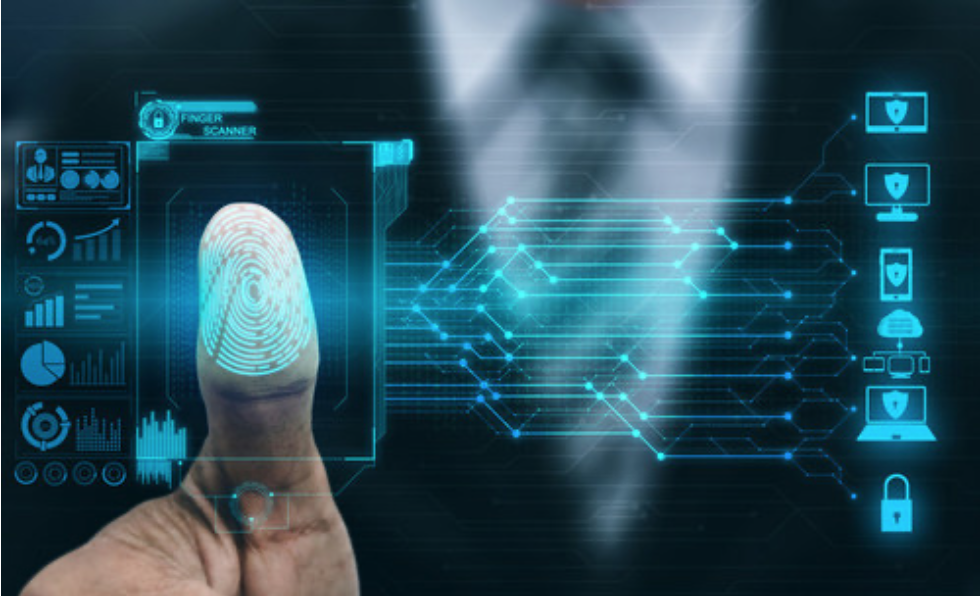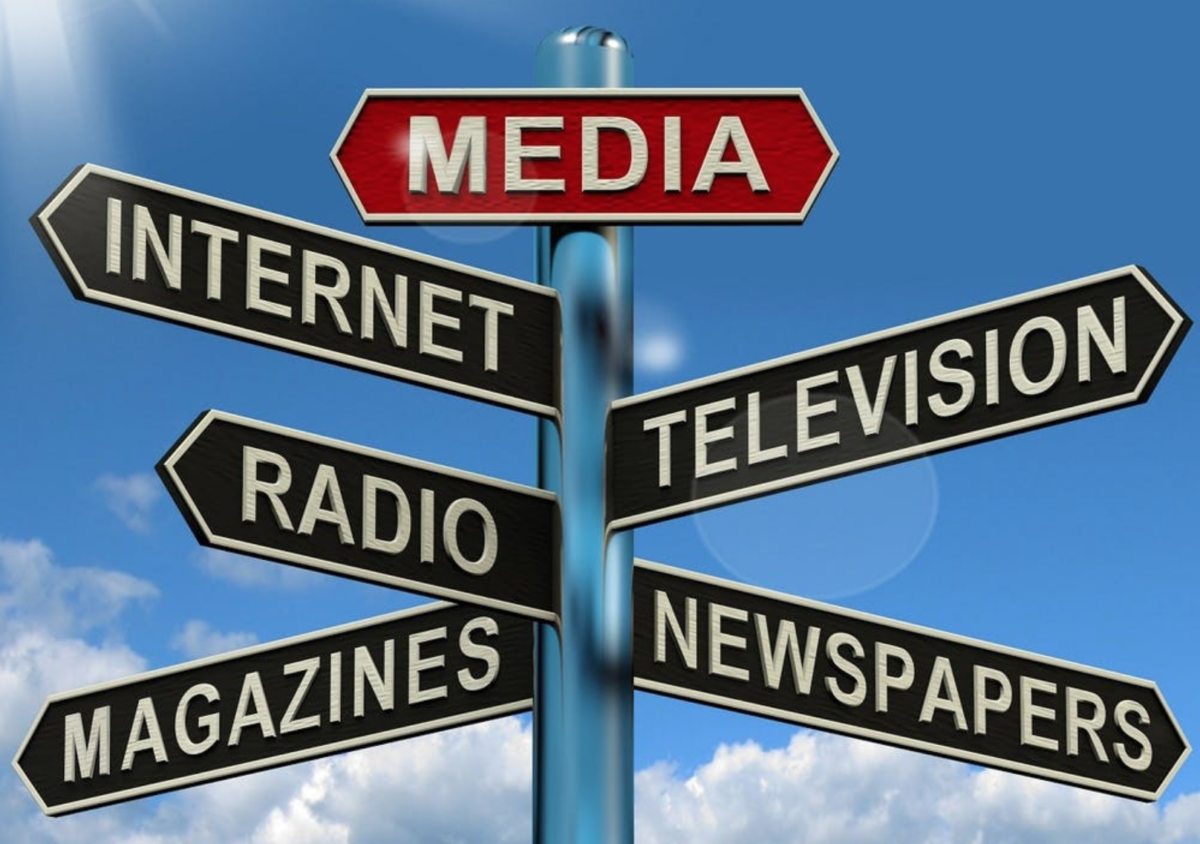Blog Post 1
What is digital identity?
A digital identity is the body of information about an individual, organization or electronic device that exists online. Users may also project more than one digital identity through multiple communities. In terms of digital identity management, key areas of concern are security and privacy. Basically digital identity is my trail on the Internet, be it blogs, Facebook and Instagram posts, tweets, Spotify playlist can be searched. Whatever you do on the internet can be searched.
Some benefits of digital identity:
- Establish relationships with a multitude of people (family, friends, colleagues, corporate clients etc.)
- Improve team communication within school projects, work or sporting teams.
- Meet individuals who share like-minded views.
- Education on social justice issues and breaking down stereotypes.
Some negatives of digital identity:
- Hate crime and racial abuse to marginalised groups.
- Work-life balance on what is appropriate for work colleagues and clients.
- Identity theft and catfishing (i.e tinder swindler).
- Desensitisation to violent messages, videos and alike because of inappropriate oversharing.
What does it mean to network using social media?
The term social networking refers to the use of internet-based social media sites to stay connected with friends, family, colleagues, customers, or clients. Social networking can have a social purpose, a business purpose, or both, through sites like Facebook, Twitter, LinkedIn, and Instagram. Social networking is also a significant base for marketers seeking to engage customers.
How are we motivated to participate in networked publics?
Networked publics examines the ways that the social and cultural shifts created by these technologies have transformed our relationships to (and definitions of) place, culture, politics, and infrastructure. However, our unique social environment has been disrupted by the blurred lines between public vs private which in turn breaks importance of the physical places that restrict public participation. We shouldn’t shy away from participating in networked publics by simply staying within groups with the same interests.
What I really think about social media?
The advent of social media is threatening to create socially awkward teenagers and young adults as the years roll by. People talk about the vices that have a grip on us in life. Sex, drugs, partying, gambling, it’s nothing compared to what smartphones have done to millennials. Smartphones are slowly out lapping all the other vices we’ve grown accustomed to.
Don’t get me wrong, I love the way the world is progressing, life is now becoming easier with seemingly a new application being developed everyday. However, there is that old saying about “everything in moderation” that your mom told you about during your vibrant youth or still telling you about(hope I didn’t touch any nerves there with the age issue).
Social media and various mobile applications were created to connect people and to be used as a tool to help you increase your reach but not be used as the only tool. Shopping is done online, dating is done online, whatever you want you can find online. People seem to have a greater disconnect with each other in the social media era. People’s lives are now on front street for everyone to see and the line that divides real life and “fiction” is now non-existent.
What are the risks & rewards of public communications?
Public communication has an advantage because of its low cost. Take for example the fact that WhatsApp is the most popular form of communication on the continent of Africa. I will not go into much detail but the long and short of it is simply because of its low cost. Meta has positioned itself with governments to get their messages to go through first when there is a queue.
Public communications provides opportunities for people to conduct business, activities and much more at a low cost and long distance. There is the opportunity of being able to stay in touch with friends and family when you move to different places. I can personally attest to this as most of my family lives in Zimbabwe and I live in Vancouver. My friends on the other hand are in every country you can think of from Australia to Belgium, South Africa to England, USA to Japan and many other places. We have managed to enhance our friendship by using public communications.
Public communications are also dangerous because of our digital footprint. People’s reputations which you could cause inter-generational trauma and shame. People is position of power, influencers, athletes and celebrities alike find themselves being attacked and trolled online. These are a few of the disadvantages of using public communications.
Other resources:
- http://networkedpublics.org/node.html
- https://www.investopedia.com/terms/s/social-networking.asp
- https://www.techtarget.com/whatis/definition/digital-identity
- https://www.techopedia.com/definition/23915/digital-identity



